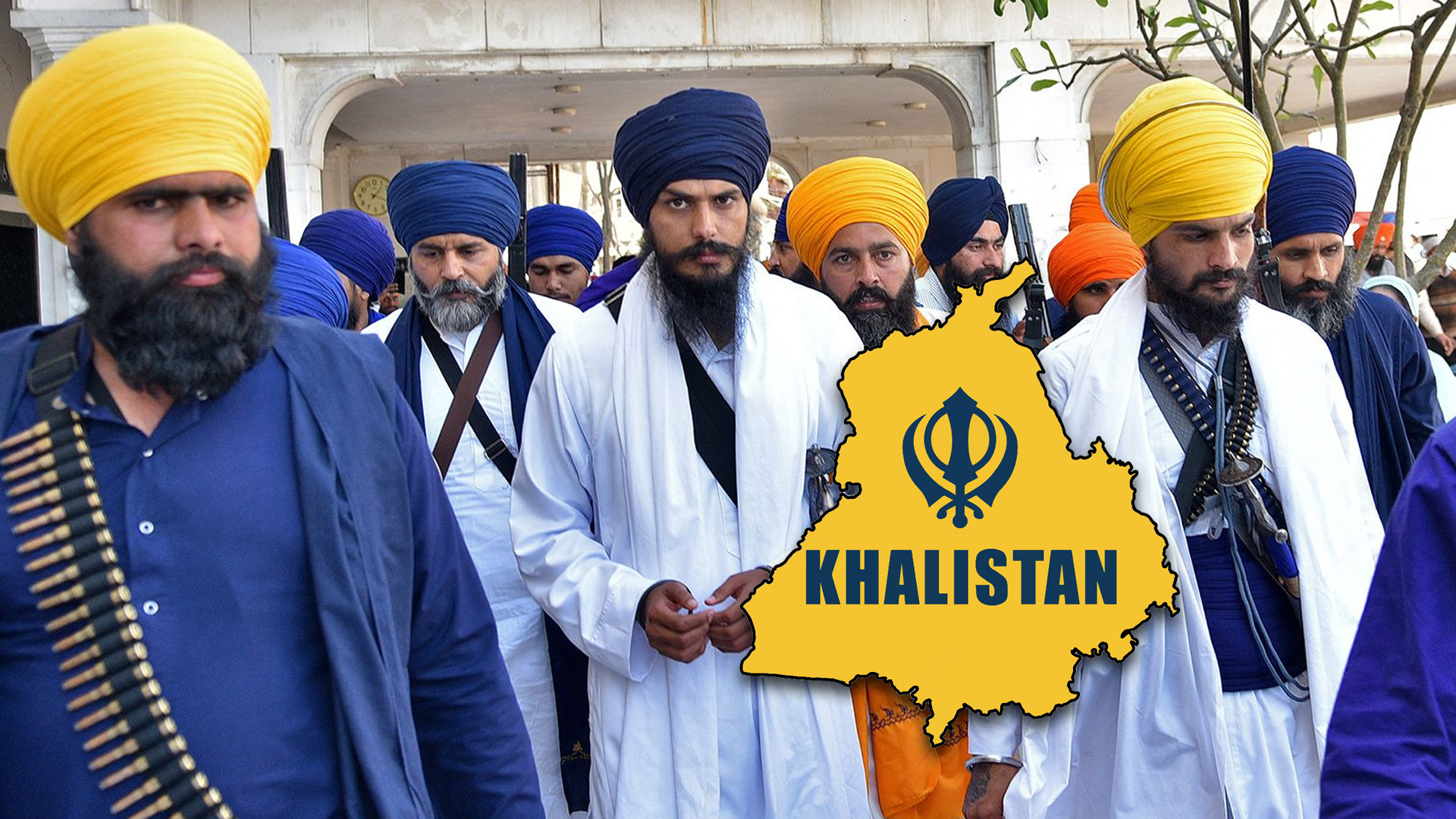
The encounter, which occurred in the state’s Muzaffarnagar district, came after a series of violent incidents involving these militants, including an attack on Punjab police officers earlier this year. The militants, identified as members of a faction of the Khalistan movement, had allegedly planned further attacks against law enforcement and government officials.
According to Uttar Pradesh Police, intelligence reports led to the identification of the militants' hideout, which was said to be used as a base for coordinating violent activities. The operation was meticulously planned, and an elite counter-terrorism unit was dispatched to neutralize the suspects. As the forces closed in on the location, gunfire erupted, resulting in the deaths of all three militants involved. Authorities confirmed that no police personnel were injured in the confrontation.
The slain militants were connected to a series of attacks in Punjab, with their involvement in the assault on Punjab Police personnel being one of the most high-profile. That attack had sparked widespread concern over the growing reach of the Khalistani movement, which has been largely dormant in India for decades. However, recent activity suggested a resurgence of militant groups advocating for an independent Sikh state, often supported by extremists operating from abroad.
The identities of the deceased militants have been partially verified. Local authorities are coordinating with intelligence agencies to confirm further details about their backgrounds. Initial investigations point to the militants having been involved in smuggling weapons across the northern border, with several routes leading from Pakistan into Punjab and Uttar Pradesh. Their activities reportedly included recruitment, fund-raising, and providing logistical support for other factions sympathetic to the Khalistan cause.
The attack on Punjab police, a brutal show of force, had raised alarms across the country. Officers were ambushed while performing routine duties in a rural area near Amritsar, one of Punjab’s major cities. The assailants used sophisticated weapons and quickly fled the scene, prompting a large-scale manhunt. Investigations into the attack revealed connections to international entities that have historically supported separatist movements in India.
Indian security agencies have been closely monitoring the movement of suspected Khalistani operatives, particularly those who have allegedly received backing from outside the country. Several raids have been conducted across states, leading to the apprehension of numerous individuals linked to the Khalistan Liberation Force and similar groups. The central government’s intensified surveillance, along with state-level cooperation, has disrupted multiple plots to escalate violence.
While Khalistani separatism had faded significantly by the late 20th century, it has witnessed a notable resurgence in recent years, particularly among the diaspora communities in the West. This has led to the formation of new factions that use social media platforms to spread their ideology, recruit sympathizers, and fundraise for their cause. Groups based in countries like Canada, the United Kingdom, and the United States are often accused of inciting violence and providing ideological support to radicals operating in India.
The situation in Punjab, once the epicenter of the Khalistan movement, has become an ongoing challenge for Indian authorities. While the state has seen relative peace in recent decades, sporadic incidents tied to Khalistani sympathizers have raised concerns about the potential for organized violence. The government’s approach has shifted toward a more comprehensive counterinsurgency strategy that involves not only traditional policing but also efforts to tackle the ideological spread of extremism.
Uttar Pradesh, one of India’s most populous and politically significant states, has found itself increasingly involved in these efforts as well. Over the past few years, the state has witnessed growing concerns about radicalization, with several terror cells being discovered in cities like Lucknow, Kanpur, and Varanasi. Authorities have intensified their focus on monitoring these activities and have been active in dismantling terror networks linked to global extremism.
This latest operation represents a significant win for law enforcement agencies, highlighting the effectiveness of inter-state cooperation and the critical role of intelligence gathering in preventing further violence. However, experts caution that this is only a small victory in the broader fight against separatism. While the militants have been neutralized, the Khalistani movement continues to garner support from pockets of the diaspora, particularly in countries with large Sikh populations.
Indian officials have consistently voiced concerns over the growing support for the Khalistani cause, which they view as a direct threat to national security. There is also increasing pressure on countries hosting separatist elements to take stronger action against them. Indian diplomats have worked tirelessly to raise these concerns on international platforms, calling for the extradition of militants wanted for crimes committed in India and seeking to curb the flow of funds and arms to such groups.
